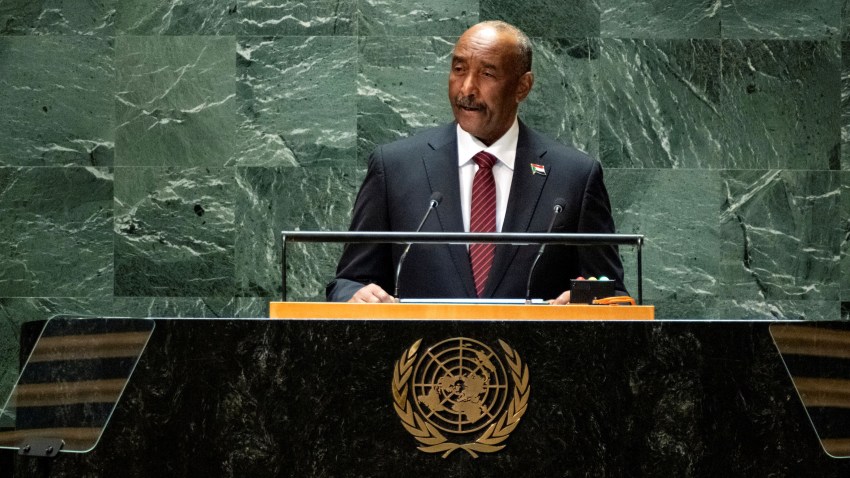When Sudan’s de facto military ruler, Gen. Abdel Fattah al-Burhan, addressed the United Nations General Assembly last month, he warned that the ongoing conflict in his country was a threat to the region and to broader international peace and security. Invoking the same language that the U.N. Security Council uses to justify the multilateral interventions it authorizes might seem an odd move from a leader who this summer declared the head of the U.N. mission in Sudan persona non grata.
But perhaps Burhan realizes something that the international community has so far missed or chosen to ignore: If concerted action is not taken soon to end Sudan’s devastating internal conflict, it could result in the Balkanization and collapse of a country of 50 million people sitting astride the Red Sea and Central Africa.
Even before the fighting between Burhan’s Sudanese armed forces and the paramilitary Rapid Support Forces of Mohamed Hamdam Dagalo started in April, nearly one-quarter of Sudan’s population was in need of some form of international assistance. After six months of conflict, that figure now approaches 60 percent. According to the World Food Program, 6 million people “are one step away from famine.”

